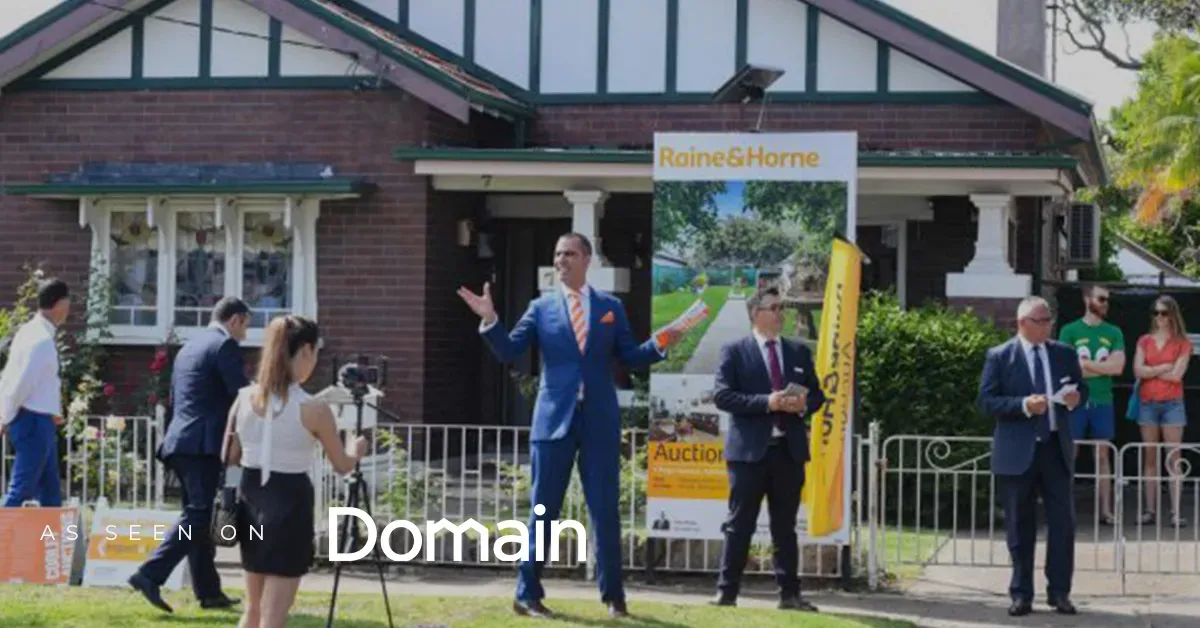Media

When is the best time to sell your investment property?
Please note: The reposted article is owned and published by Domain, where Property Advisor Colin Lee has provided expert opinion on the property market. Click here to view the official published article.
It’s the perennial puzzle: how do you know when it’s the right time to sell an investment property?
Mostly, it depends on your financial strategy, your point in the investment cycle and the age and quality of your property, but there are some general factors to take into account.
Inspire Realty chief executive Colin Lee recommends that, when making the decision, you assess the performance of your property, looking at its annual compound growth rate.
At the moment, houses are delivering much stronger results than apartments, so some people are selling apartments and moving into house-and-land instead.
“There’s a real swing towards land properties, so I would prefer to sell my investment apartments and realise the equity and then land-bank or purchase house-and-land packages,” Lee says.
“But it always depends on the property.
“At the moment, people are looking for places with a study, more space – especially an outdoor space – that are pet-friendly, that might have separate living areas – like a granny flat – a pool, and have already been renovated.”It’s the perennial puzzle: how do you know when it’s the right time to sell an investment property?
Mostly, it depends on your financial strategy, your point in the investment cycle and the age and quality of your property, but there are some general factors to take into account.
Inspire Realty chief executive Colin Lee recommends that, when making the decision, you assess the performance of your property, looking at its annual compound growth rate.
At the moment, houses are delivering much stronger results than apartments, so some people are selling apartments and moving into house-and-land instead.
“There’s a real swing towards land properties, so I would prefer to sell my investment apartments and realise the equity and then land-bank or purchase house-and-land packages,” Lee says.
Neighborhood_Glebe-20_kmd3hs
It is important to factor in the cost of selling a property when deciding whether it’s time to move on. Photo: Vaida Savickaite
“But it always depends on the property.
“At the moment, people are looking for places with a study, more space – especially an outdoor space – that are pet-friendly, that might have separate living areas – like a granny flat – a pool, and have already been renovated.”
If you’ve decided to sell, Lee advises that should be done between August and November, when the majority of sales take place.
- Related: Should you allow pets in your investment property?
- Related: What you need to know when investing in a short-term rental
- Related: How property investors can make the most of tax time
“During winter, people tend to hibernate, especially in places like Tasmania and Melbourne, so you’ll have fewer people through your property and fewer offers,” he says.
In today’s real estate environment of slowing price growth and rising interest rates, an investor might think of selling to exit the market and realise their cash.
But, conversely, these are the perfect conditions in which to upgrade.
“You might want to improve your portfolio – for instance, upgrading from a one-bedroom to two bedrooms or to a more substantial property,” says Ewan Morton, managing director of Morton.
“Potentially, you’re selling at the bottom of the market so that’s also a good time to buy something more expensive that will be discounted by even more.”
Deciding when to sell will also depend on an investor’s stage of life, says Andrew Cocks, managing director of Richardson & Wrench.
Investment is always a long-term game, so younger investors may do better to stay the course and reap the rewards later.
“But if you’re older and the property isn’t growing in value to the extent it was and with interest rates rising and negative gearing you can’t see a pathway to it becoming a more positive investment, then it might be better to cut your losses and move on,” Cocks says.
“I’ve never been a fan of trying to pick the bottom of the market,” he adds.
“You need to understand yield and the long-term returns of your property.”
But you always need to take into consideration the cost of changing properties, says Uwe Jacobs, director of Property Friends.
“I tend to think the cost of buying and selling is around 20 per cent so any decision to change an investment property has to have more than a 20 per cent upside,” he says.
Recent Posts
- Where to Find the Best Property Investment Opportunities in Brisbane
- No chill: Cost of living could trigger record start to home sales
- Media Release: Securing Wealth Transfers: Investing in Property to Mitigate Risks
- Homeownership Hardship for Young Aussies
- Hosted Tim Costello AO: Graceful Business – Christians Making an Ethical Impact
